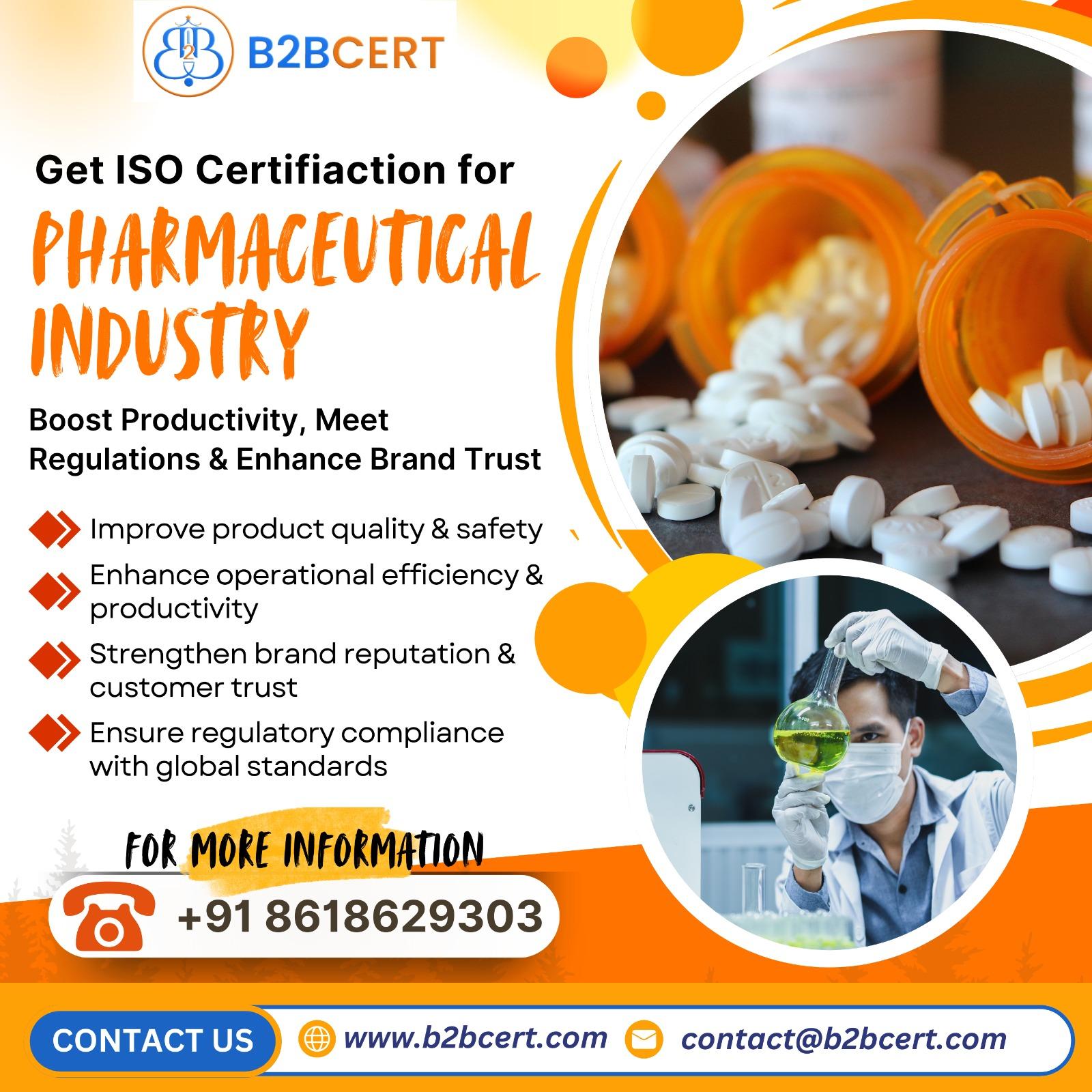In today’s competitive world, accurate and reliable testing results are critical for industries ranging from healthcare and pharmaceuticals to engineering and manufacturing. Ensuring that testing and calibration laboratories produce valid, consistent results is where ISO 17025 comes into play. One of the most important aspects of this standard is its requirement for traceability of measurement and testing equipment. But what does traceability mean, and how does ISO 17025 ensure it? Let’s explore in detail.
What is ISO 17025?
ISO 17025 is an international standard that specifies the general requirements for the competence of testing and calibration laboratories. It is recognized globally and is often a prerequisite for laboratories to demonstrate their technical competence. Whether it is a small laboratory or a large facility, ISO 17025 Certification in Bangalore provides credibility, enhances trust among stakeholders, and ensures compliance with international quality norms.
Understanding Measurement Traceability
Measurement traceability refers to the ability to relate individual measurement results to national or international standards, usually through an unbroken chain of calibrations. This ensures that results are consistent and comparable across different laboratories and countries. Without traceability, results may be unreliable and could lead to errors, misinterpretations, or even safety hazards.
For example, if a pharmaceutical company tests drug potency, the accuracy of its equipment directly affects human safety. Traceability guarantees that the measuring instruments used are calibrated against recognized standards, ensuring precision and reliability.
How ISO 17025 Ensures Traceability
ISO 17025 places strong emphasis on establishing and maintaining traceability of measurements. Here’s how the standard achieves this:
1. Calibration of Equipment
ISO 17025 requires that all equipment used for testing and calibration be properly calibrated. Calibration must be carried out by laboratories that are themselves accredited or recognized for their competence. This ensures that the measuring devices used are accurate and aligned with international standards.
2. Use of National or International Standards
The standard mandates that traceability should be linked to SI units (International System of Units) through a recognized national or international standards body. This creates a clear chain of reference, ensuring uniformity of results across borders.
3. Documentation and Records
ISO 17025 insists on thorough documentation of all calibration and testing activities. Laboratories must maintain detailed records showing how traceability has been established. This includes calibration certificates, reference standards used, and the chain of comparisons back to national or international standards.
4. Reference Materials
The use of certified reference materials (CRMs) is another critical requirement. These materials have established property values that are traceable to national standards. By using CRMs, laboratories can validate their testing methods and ensure accuracy.
5. Competence of Personnel
Traceability is not only about equipment—it also depends on the competence of the people handling it. ISO 17025 requires that laboratory staff be qualified and trained to perform calibrations and understand traceability requirements. This minimizes errors and enhances confidence in results.
6. Regular Verification and Maintenance
To ensure ongoing traceability, equipment must be regularly maintained and verified. ISO 17025 outlines requirements for preventive maintenance schedules, periodic checks, and re-calibration when necessary. This ensures that instruments remain accurate throughout their lifecycle.
Benefits of Traceability under ISO 17025
Implementing ISO 17025 for traceability offers several advantages:
-
Consistency in Results: Measurements are comparable across different laboratories worldwide.
-
Improved Customer Confidence: Clients trust results from ISO 17025-accredited laboratories.
-
Reduced Errors: Proper calibration and traceability minimize uncertainties and mistakes.
-
Regulatory Compliance: Many industries mandate ISO 17025 for legal and regulatory approvals.
-
Global Recognition: ISO 17025 Certification in Bangalore or elsewhere enables businesses to compete in international markets.
Role of ISO 17025 Consultants in Bangalore
For organizations planning to implement this standard, expert guidance is crucial. ISO 17025 Consultants in Bangalore help laboratories understand the standard’s requirements, prepare documentation, and establish traceability systems. They also provide training for staff and conduct internal audits to identify gaps. Engaging consultants not only saves time but also ensures smooth certification without major challenges.
ISO 17025 Services in Bangalore
Several certification bodies and consulting firms offer ISO 17025 Services in Bangalore, including gap analysis, implementation support, internal audit assistance, and certification guidance. By leveraging these services, laboratories can establish robust systems for traceability, enhance credibility, and ensure compliance with international norms.
Conclusion
Traceability is the backbone of reliable testing and calibration. By mandating strict calibration, documentation, use of certified reference materials, and competence of staff, ISO 17025 ensures that measurement results are accurate and globally recognized. For laboratories in Bangalore and beyond, achieving ISO 17025 Certification in Bangalore with the support of experienced consultants and services can unlock immense business opportunities and build lasting trust among clients.
In an era where precision is paramount, ISO 17025 is not just a certification—it is a commitment to quality, reliability, and international credibility.

